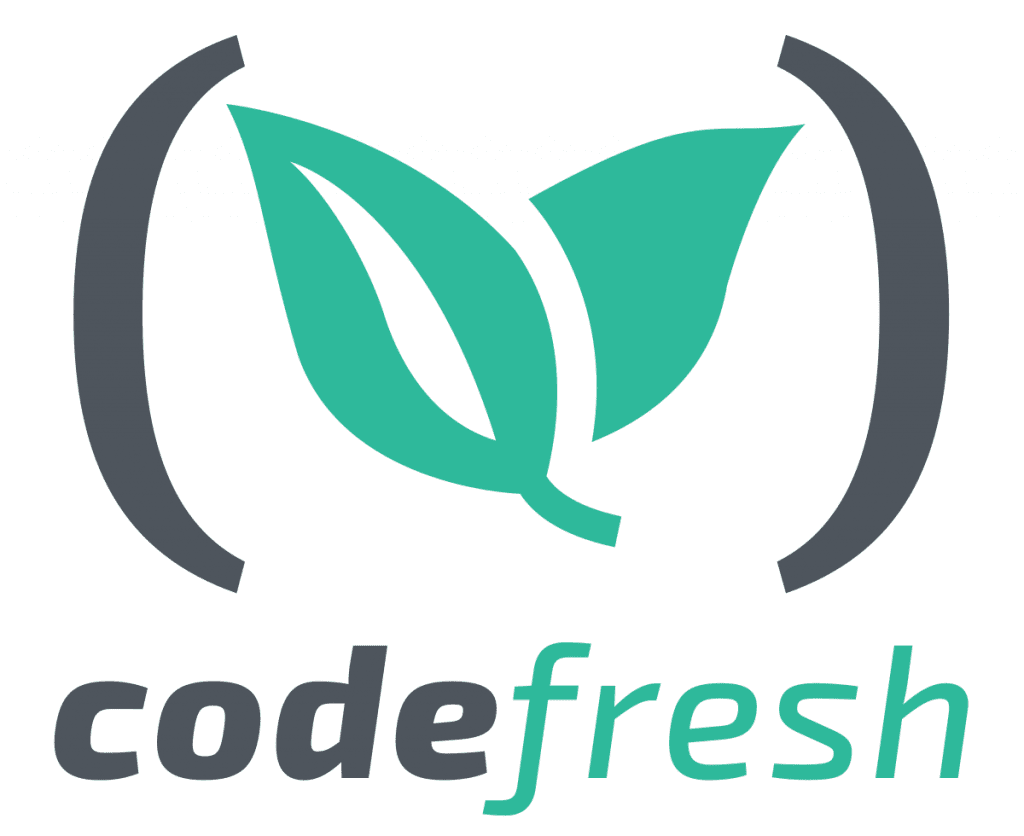5 Best Continuous Delivery Pipelines in 2024: Pros and Cons
If you are a DevOps Manager, Tester, or Developer – then you know the importance of leveraging the best continuous delivery pipelines to keep workflows streamlined. In order to ensure that your code is always in a shippable state, you need to have a robust CI/CD that works for the team, and not the other way around. In this post, let’s target the 5 of the best continuous delivery pipelines available today.
- Jenkins
- Buildkite
- GitLab
- CodeFresh
- Bamboo
Pros and Cons for these Continuous Delivery Pipelines
1. Jenkins

Best User Community
With Jenkins, getting up and running is simple. Its user-friendly interface makes it easy to configure your environment according to you needs — whether that be distributed builds with its master-slave architecture or scheduling based on expressions. With hundreds of community Contributions in the form of Plugins, plus shell and Windows command execution for pre-build steps.
Pros:
- Easy installation and upgrade on various OSs.
- Simple and user-friendly interface.
- Extensible with huge community-contributed plugin resource.
Cons:
- Single Server Architecture.
- Not container native.
- Complicated plugin management.
2. Buildkite – Our Favorite 🙂

Best “Up & Coming” CI/CD
BuildKite is one of the best continuous delivery pipelines for developers to run fast and secure pipelines on any major operating system – Windows, Linux, macOS or Docker. Plus it’s free for open-source projects! With a growing plugin ecosystem made specifically tailored towards popular languages like JavaScript and Python, Buildkite unlocks powerful integration possibilities so that your workflow can reach its full potential with ease.
Pros:
- Robust parallel testing possible due to scaling agents.
- Auditing is available.
- Track record of the actions taken by the users in the organization.
- Large amount of integrations available.
Cons:
- Learning Curve (previous CI/CD experience helps).
- Report generation for Finished Jobs.
3. GitLab

Best for Git Based Workflows
GitLab provides a suite of tools helping to manage the development workflow – allowing you to create your own sophisticated repository with issue tracking and analytics options right through to triggering complex builds, tests and deployments in a single step! Whether it’s within a virtual machine or Docker container, get up-and-running quickly with an intuitive web interface at the heart of this easy solution.
Pros:
- Real-time status update thru Task & Issue Tracker and developer collaboration.
- Automated merge requests when CI/CD succeeds, and DevOps reports point to areas of improvement.
- View commit history with detailed change log.
Cons:
- Dashboard needs improvement with analytical insights.
- Pricing is very high.
- Lacks a default integrated deployment server.
4. Codefresh.io

Best for Scalability
Codefresh.io boasts unbeatable scalability and GitOps support, powered by Kubernetes. Easily track clusters through the intuitive Dashboard as you sail through 1-click rollbacks with their release dashboard or store helm charts in their built-in repository for added organization. Plus – enjoy access to a cloud variant of this robust tool, or set up an on-premise version if that suits your needs better!
Pros:
- Easily integrates with 3rd parties, like Snyck.
- Kubernetes keeps things highly scalable for large and intensive workloads.
- Good Documentation and Technical guides.
Cons:
- Rather steep learning curve.
- Pricey.
- Have to do a lot of work around building and managing pipelines.
5. Bamboo

Best for Atlassian Integrations
Bamboo is an advanced CI tool designed to make build, test and release processes a breeze. This powerhouse seamlessly integrates with JIRA software and Bitbucket for maximum efficiency. Whether you’re using CodeDeploy, Docker, Git or SVN – Bamboo has got your back! Plus its extensive range of language & technology integration makes it ideal for the most complex projects; everything from Mercurial through to AWS & Amazon S3 buckets can be managed under one roof.
Pros:
- Integrates with other Atlassian tools.
- Great UI.
- Great notification scheme.
Cons:
- Alien nomenclature, don’t know what stuff means :/
- No concept of inherited project structure.
- Very Pricey.
Appsurify

Best Optimization Tool for CI/CD Builds
Appsurify offers a robust optimization tool for active CI/CD pipelines to reduce Build Times by as much as 80%. When teams are executing their Automated Tests in their CI/CD Pipelines, testing can take a long time to complete and builds can queue throughout the workday. Appsurify smartly executes just the tests impacted by Developer Changes in the CI Build process for optimal build speeds to get Developers test feedback on a per Change basis.
Pros:
- Executes only the Automated Tests Impacted by Developers in the CI/CD for Optimized Builds.
- Works well with Parallel Testing or Concurrent Threads.
- Stops Flaky Tests from Breaking Builds.
- Reduce CI/CD Builds over 80% for Faster Feedback.
- Supports all Automated Test Types, such as GUI, UI, E2E, API, Unit, etc.
Cons:
- Need to have CI/CD in place.
- Need to be running Automated Tests in the Pipeline.
What are the Best Continuous Delivery Pipelines in 2024?
To ensure you select among the best continuous delivery pipelines for your organization’s most popular platforms and compatible cloud providers, be sure to assess each tool’s on-premises or cloud options. Keep in mind that many of these solutions are open source; consider whether this meets your needs or if a commercial license is preferable.
At Appsurify, we work with CI/CD Pipelines all day and have robust experience with all the above tools. If you’d like to optimize your Builds and get Test Feedback Faster for streamlined workflows, reach out to us today to plug in our CI/CD Smart Test Selection Tool
